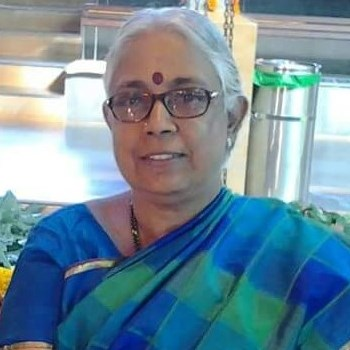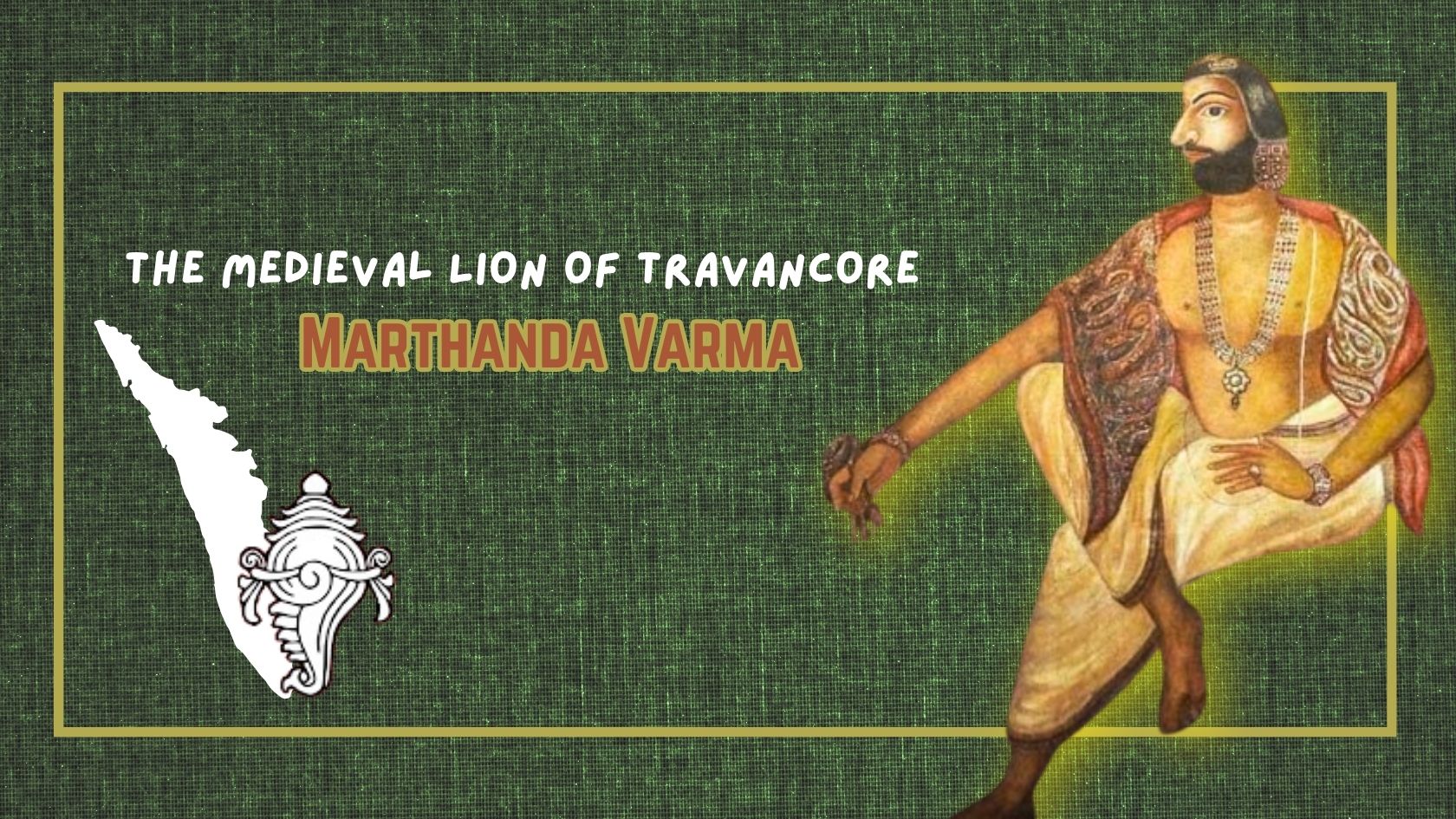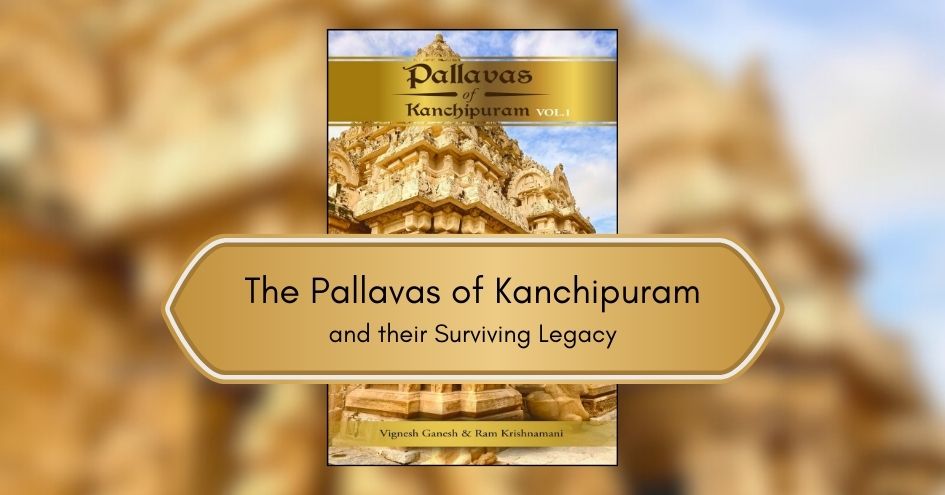
Selflessness of the Great Indian Woman!
Vachaspati Mishra was a philosopher of the Advaita Vedanta tradition. He is believed to have lived in the ninth or tenth century BCE in Bihar. He had written extensively and his Bhashyas (Commentaries) on texts of Hindu philosophy are highly respected by scholars even today.
‘Bhamati’, one of his most famous works, is a Bhashya on Adi Shankara’s ‘Brahma Sutra.’ Later, a sub-school of Advaita Vedanta came to be called Bhamati.
The word ‘Bhamati’ sounds like the name of a woman. Why was a philosophical treatise named so? Who was Bhamati? What is the connection between the ‘Brahma sutra’ and this lady?
Though very little authentic details are available regarding, Vachaspati Mishra and ‘Bhamati’, the story that connects them, is truly fascinating.
Young Vachaspati Mishra had no interest in the normal life of a householder. He was a great scholar and was firmly rooted on the path of spirituality. He had decided that he would become an ascetic after completing the commentary on ‘Brahma Sutra.’
But, his mother, Vatsala wanted to get him married and hoped that after the wedding, his attitude would change. She spoke to the father of a girl from a neighbouring village and almost finalised the alliance.
When Vachaspati came to know of this, he wrote to the bride’s father confessing that he had no intention of taking the responsibilities of a house holder and planned to leave the village after completing his work.
Bhamati's (bride) father was upset when he got the letter but glad that he knew about it before the wedding and decided to call it off. But Bhamati, who heard about this, was impressed by Vachaspati’s mission and was moved by his honesty. She insisted on marrying Vachaspati. The father was surprised, but seeing that his daughter was firm, got her married to Vachaspati on the auspicious ‘Guru Poornima’ day. Soon after the wedding, Bhamati left for her husband’s house.
Vachaspati busied himself in writing. He did not realize the passage of time. He did not earn anything and was not even conscious that there was another person in the house.
The young and beautiful Bhamati somehow managed to run the house and always made sure that her husband got food at the correct time and his lamp had enough oil. Mishra would eat when he was hungry without even looking up to see who was serving him food. And then, he would go back to his work. He did not know how he got food and who provided it. Nor did he bother to know. His only focus was his work.
Seven years passed like this. And then, one day, Vachaspati Mishra completed his magnum opus. With great relief, he looked up and was surprised to find a young lady in his house.
“Who are you, young lady? What are you doing in my house?” he asked.
“I'm your wife, Bhamati. We were married seven years ago,” replied Bhamati.
Vachaspati could immediately recollect their wedding. He realised that it was she, who had taken care of him all these years. He remembered the set of hands that served him food, and poured oil into his lamp.
“Show me your hands,” asked Vachaspati. Bhamati showed her hands. “Yes. These are the same hands I have been seeing every day, all these years.”
He said, “Bhamati! I have completed my work. This will be my contribution to humanity. Now that I have fulfilled my duty, I want to renounce this world.”
“My lord! Do as you wish, I will not stop you.” said Bhamati.
“Dear, how will you manage after I am gone?” Vachaspati asked her feeling guilty that he was leaving a young woman all alone.
“The merciful force that took care of me all these years will take care of me hereafter also. Don't worry about me. I will consider myself fortunate that I got to serve you while you were making an extraordinary contribution to the world.”
Instead of protesting and throwing tantrums, Bhamati made it easy for Vachaspati Mishra to pursue his goal.
Vachaspati saw that she was an extraordinary woman with an enormous generosity. He was overwhelmed. “How can a person be so utterly selfless?”
He said, “I will forever be grateful to you, Bhamati. I surrender all my life's work at your feet. I will name this book, ‘BHAMATI,’ so that everyone would come to know about you and hear about your selfless sacrifice. You will become immortal.”
Though he renounced his householder’s life, he remembered her gratefully as long as he lived.
Bhamati had nothing to do with the Advaita Vedanta discussed in the book that carried her name. It is a fact that the book became possible because of her selfless support and sacrifice.
True to Mishra’s prediction, more people know about ‘Bhamati’ than about the composer, Vachaspati Mishra!

B. Ramadevi is a teacher of English and a freelance reviewer of music and dance. Being a polyglot, she gets inputs from various sources and loves to share it with interested people. She contributes articles for Verandah Club on characters from Indian scriptures and classics.
References:
http://aumamen.com/story/story-of-bhamati-wife-of-vachaspati-mishra-love-is-unconditional
https://en.wikipedia.org/wiki/V
NEXT ARTICLE

Shri Ramachandra Prasad's captivating narrative and the hot chai that was served at the right time transported me to ancient Kerala, where the extraor...

Introduction In Bharatvarsha, History is not the account narrated by victors. It is the record left behind by survivors. The study of Indian History...

It is the first-half of the 8th Century C.E. in South India. The Pallava kingdom possesses strength and prosperity with some of the greatest monument...